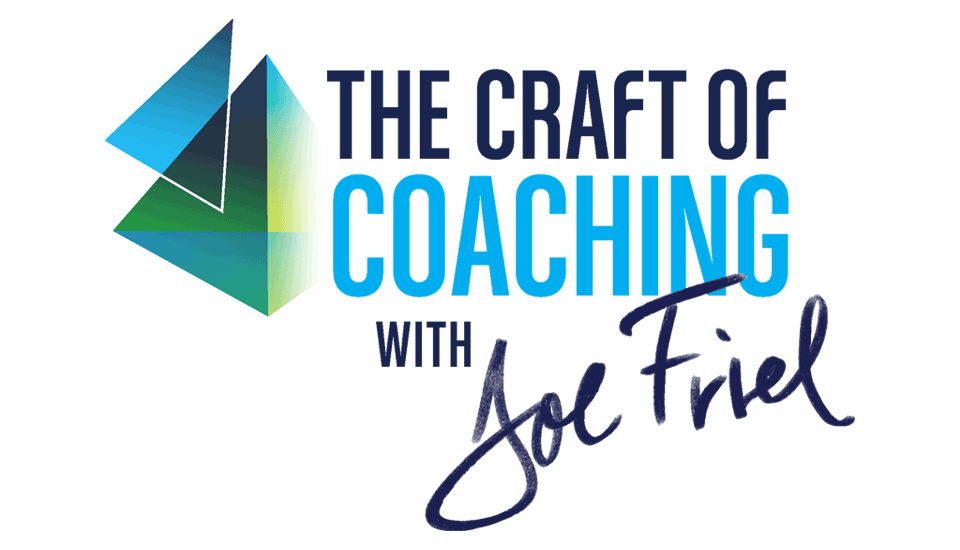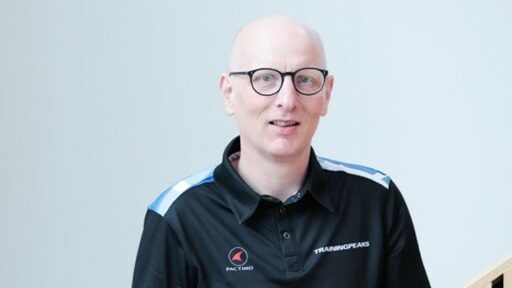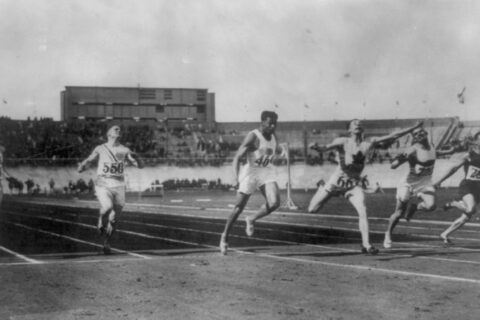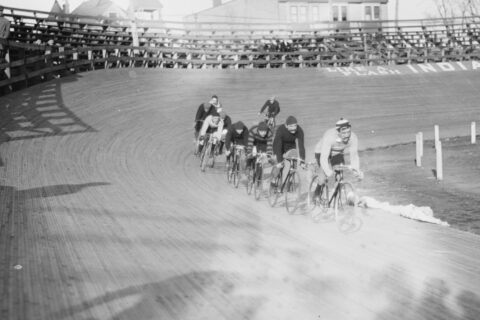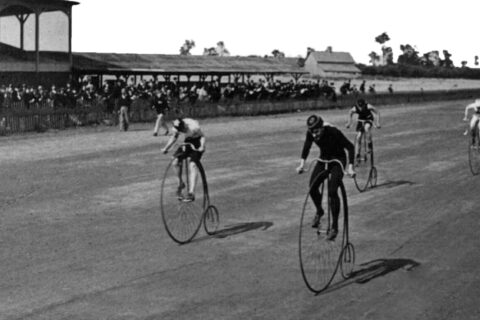Dr. Kirkland is a researcher, focusing on developing healthier performance environments and sporting systems. His “generalist” approach comes from working as a physiologist in high-performance sport, as a coach educator at British Cycling and a focus on solving real-world problems in his academic work, using behavior change science to do so. He is a BASES accredited Sport & Exercise Scientist, a Chartered Scientist and a member of the General University Ethics Panel. Andy is a committed coach of coaches, taking career satisfaction from helping develop others.
Career path
With 20 years of experience, Andy has held various roles, including teaching children how to swim to coaching professional endurance athletes, a coach developer at British Cycling, and a sport physiologist.
Methodology
In his current role, Andy considers himself a coaching anthropologist. In the context of the coach-athlete relationship, he’s always strived to be a “chameleon coach,” adapting his methods to the unique needs of the athlete.
“Traveling to Kenya to observe world-class runners was a highlight of my professional career. Seeing a culturally different way to conceptualize performance helped me structure many beliefs that hadn’t previously made sense.
It was the realization that coaching and performance is about the interaction between people and their environment. Conventional ‘Western’ scientific ways of thinking about performance started to take a backseat.”
Most overlooked metric
The question “How are you?” The ability to get an honest answer to this question is critical. I use this with athletes, and I rely heavily on it to support my students. The answer may initially be “fine”, but if the relationship is built on trust and you can get to the honest answer, you can change the program to support the individual’s real capacity and the results will be better.
The coaching market doesn’t currently demand that a coach master the bio-psycho-social element of coaching. It’s a latent market—if athletes don’t expect it, they don’t want it. I truly believe it will be a different market in 10 years. For coaches whose approaches to training prescription are simply based on training load metrics, their market may no longer exist.
Most problematic metric
Most metrics have the potential to be a double-edged sword. Take Training Stress Score (TSS) and Heart Rate Variability (HRV) as examples. These are useful metrics when used alongside professional judgment and decision-making. TSS and HRV may indicate the athlete is tired, but the coach still needs to ask, “How do your legs feel today?” When decisions are made in isolation, without additional information, these metrics can be misleading.
Likewise, if a coach ascribes too much value to a metric, it can cause the athlete to respond differently. In Olympic training programs, or in any development program where an athlete is looking to move up the ranks, athletes can be hesitant to tell their coach they are fatigued because it could affect their selection. If the athlete admits to being tired, the coach might interpret it as laziness.
